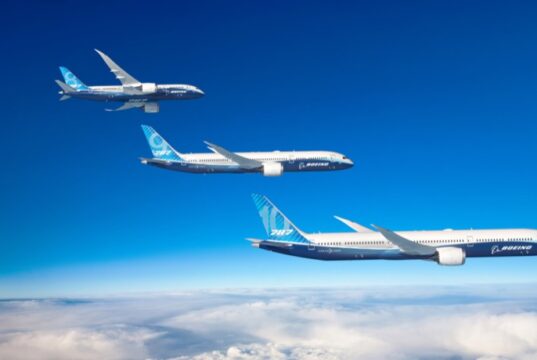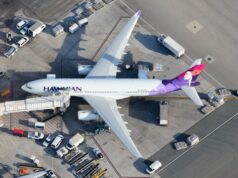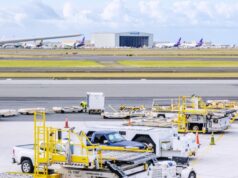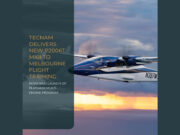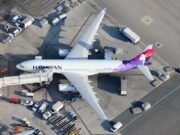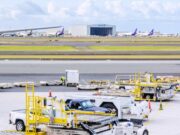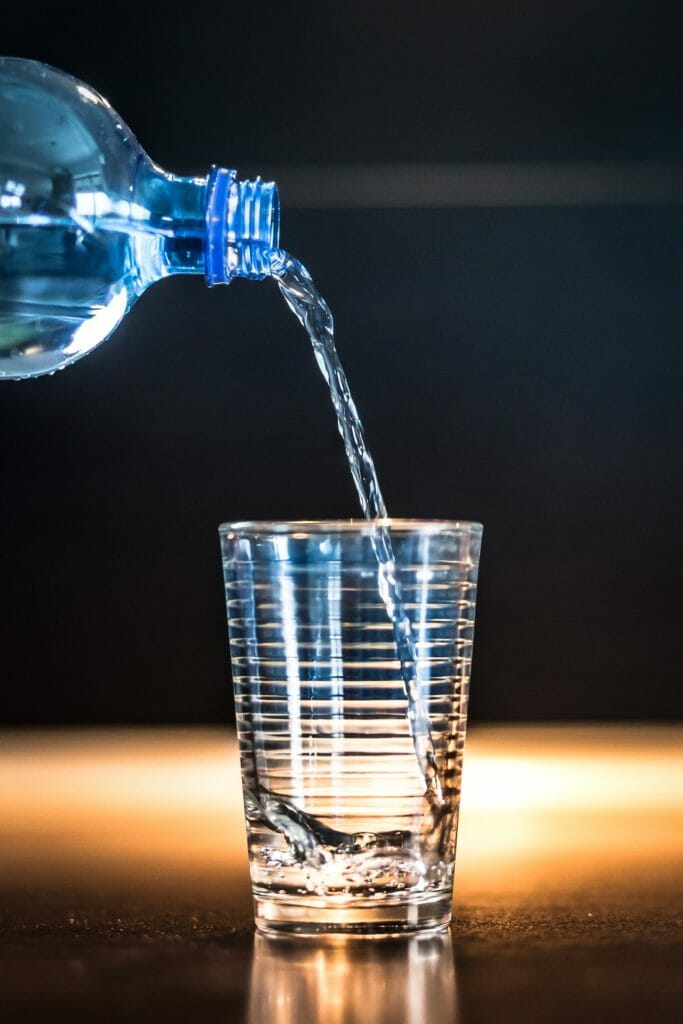
Photo used with permission from Pixabay.com

Have you ever stopped to think about the impact of consumption of certain products on a large scale? The environmental footprint/resources/carbon of production, transportation/shipping, lifespan/use, and disposal? Funny thought to consider, especially when you are operating a jet aircraft that is burning gallons of fossil fuels per minute across multiple time zones per day, right? Some might feel it’s hypocritical to even consider such nonsense, so why bother? The other stance is that we can always strive to do what we can to maintain or restore some sort of balance to the environment we are apart of, especially when it doesn’t have to impact our day to day quality of life.
Take for instance the use of plastic bottles. Hydration is major concern for flight crews and something we absolutely need to perform our jobs safely.
Hydration directly affects your cognitive function, fatigue, as well as your mood! Our brain is 75% water and actually shrinks when dehydrated. As flight crews, we work inconsistent shifts for long periods of time under high duress and strained cognitive function, all in a dehydrating environment. WE NEED WATER to operate safely and be a reasonable person to share the flight deck with, especially with the heat of summer upon us.
The typical flight crew can easily consume a case of water per day. The airlines are aware of this too, as some have made attempts to restrict the use of water bottles on the plane due to negative impacts to their balance sheets from hydrating thousands of crew members on a daily basis.
Politics aside, the consumption of water is a big deal for the environment too. The amount of plastic water bottles the airline industry uses just to hydrate the flight crews is staggering, without even taking into account the use for the passengers. The department of labor has estimated a total of 90,000 flight attendants and as many pilots for a total of 180,000 crew members in the United States alone. That is a massive number of employees restricted to drinking bottled water. From here, I am using my own professional observations of almost a decade in the business to come up with the following numbers.
The average crew member works 16 days per month or an average of four, four-day trips per month. (Obviously senior crews fly less and junior crews fly more and flight attendants are not restricted as much as pilots, etc.). Most airlines provide the larger quart/liter sized water bottles. From this, I am assuming the average crew member is drinking a minimum of one – 1L bottle during their flying shift and bringing one bottle to the hotel overnight with them. So each crew member is consuming 2 bottles of water per day, 8 bottles per trip, 32 bottles per month, and 384 bottles of water per year (this number is dramatically larger for the companies that use the tiny 8oz. bottles)! Now here is the scary part of the math, spread that consumption out across 180,000 crew members and you have an industry consumption of 69.1 million water bottles annually!
The footprint of this is massive. Did you know that it takes 4 liters of water to produce the plastic to make just one plastic bottle to hold only one liter of water? That means the water footprint equals 276,480,000 liters of water to produce the plastic we, as an industry consume.

Photo used with permission from Pixabay.com
Most of this waste is not recycled from our flights and there is growing problem of this plastic making its way into the environment and oceans where it is broken down and consumed by wildlife in the food chain.
Plastic is known for breaking down in UV light and leaching chemicals into the water with unknown and possibly hazardous long term health consequences from endocrine disruptors to carcinogens.
What’s the answer? Bring your own reusable water bottle. It’s really easy and doesn’t impact your quality of life except for improving it! You always have a bottle to fill up on overnights and never run out. Almost every hotel has filtered water in the gyms and many airports are finally installing water bottle refill stations inside security. Many are easily clipped to the exterior of your luggage so you never lose it and their construction is generally indestructible. Some are even insulated to keep your water cold and refreshing during the hot summer months.
Let’s drink to that!






























































